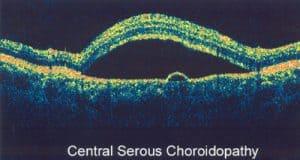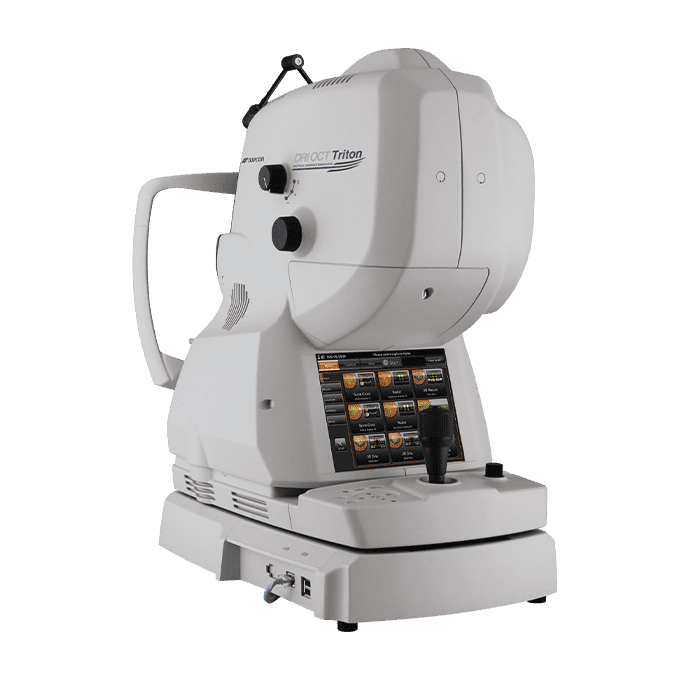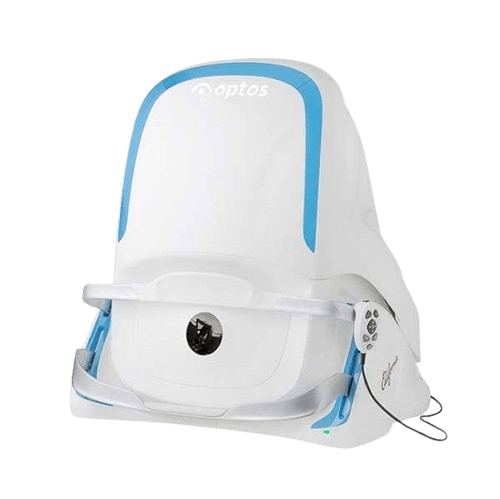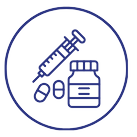How can you tell if you might have CSCR? Common symptoms include
Central Serous Chorioretinopathy (CSCR/CSR) is an eye condition where fluid leaks from a layer of blood vessels under the retina (the choroid) and accumulates beneath the retina or the retinal pigment epithelium (RPE). This buildup creates a small detachment in the retina, leading to blurry or distorted vision.
While CSCR typically affects only one eye at a time, in some cases, both eyes may be involved simultaneously.

How can you tell if you might have CSCR? Common symptoms include






Men
(More common in men
aged 20 - 50)

People under stress (Linked to high stress levels)

Steroid users (Including oral, nasal and
topical steroids)

People with sleep issues (Poor sleep or irregular sleep patterns)

Individuals with high blood pressure

– to check fluid under the retina

– to assess leakage from blood vessels
– for detailed choroidal imaging

Many cases heal naturally within 2 - 3 months

Some patients may benefit from oral medication to speed up recovery

Used for chronic or severe cases to reduce fluid leakage

Try relaxation techniques like meditation or exercise regularly

Only take steroids when necessary

Maintain a regular sleep schedule

Monitor and manage hypertension